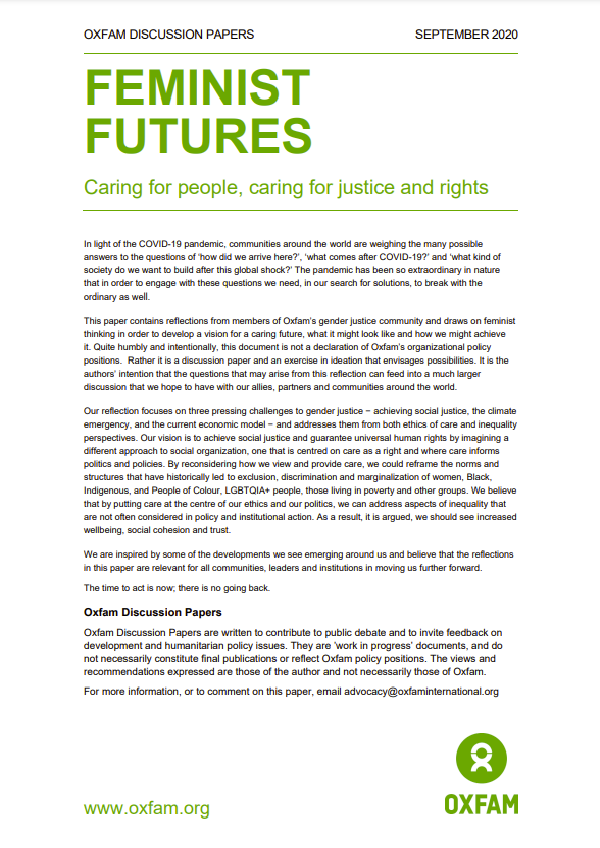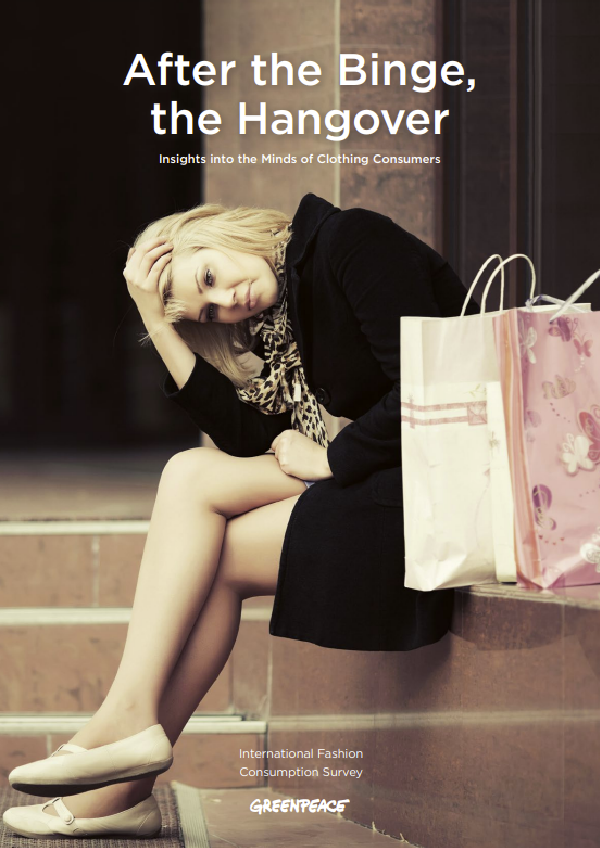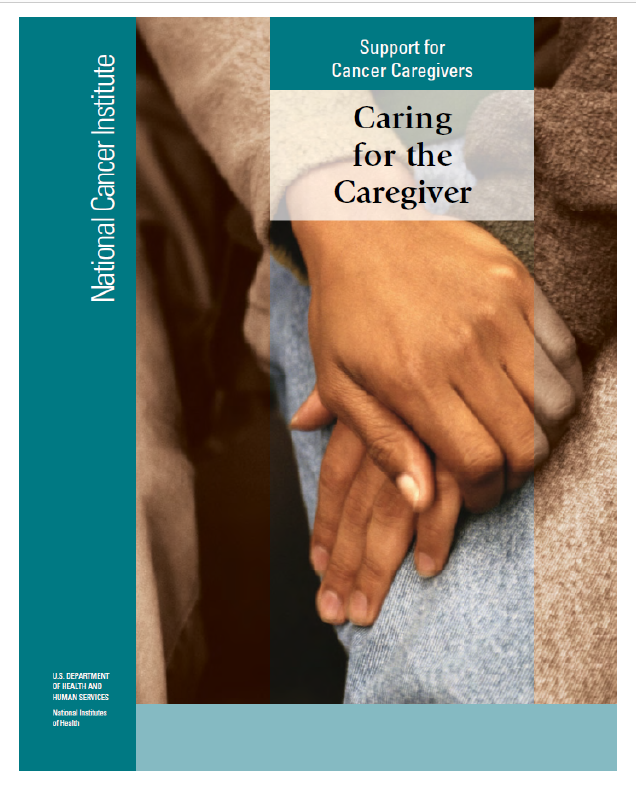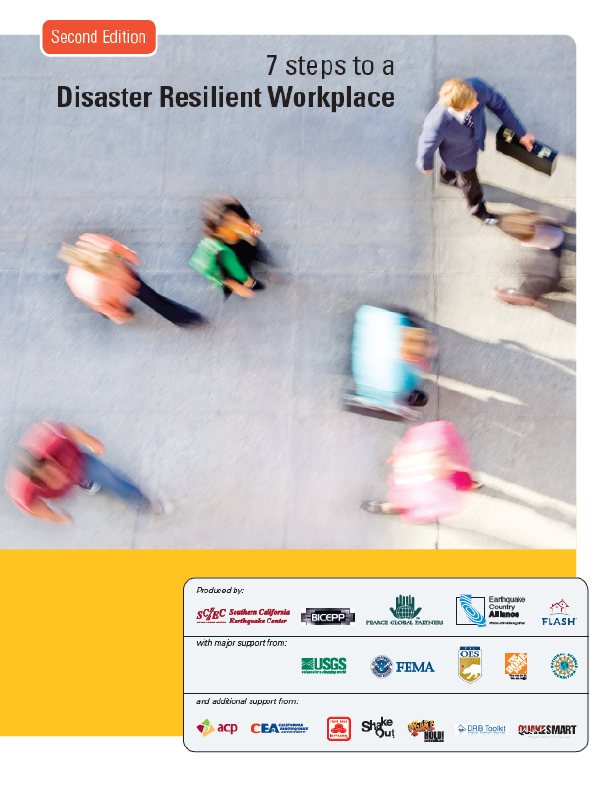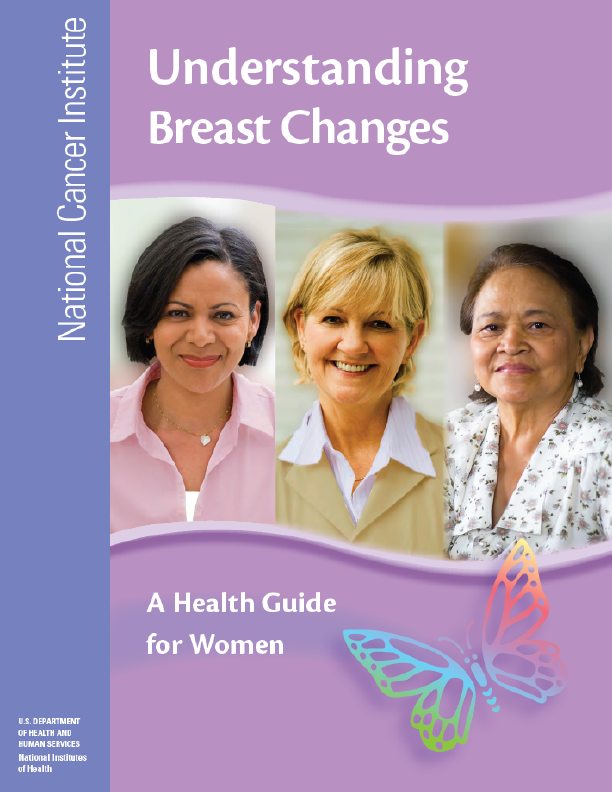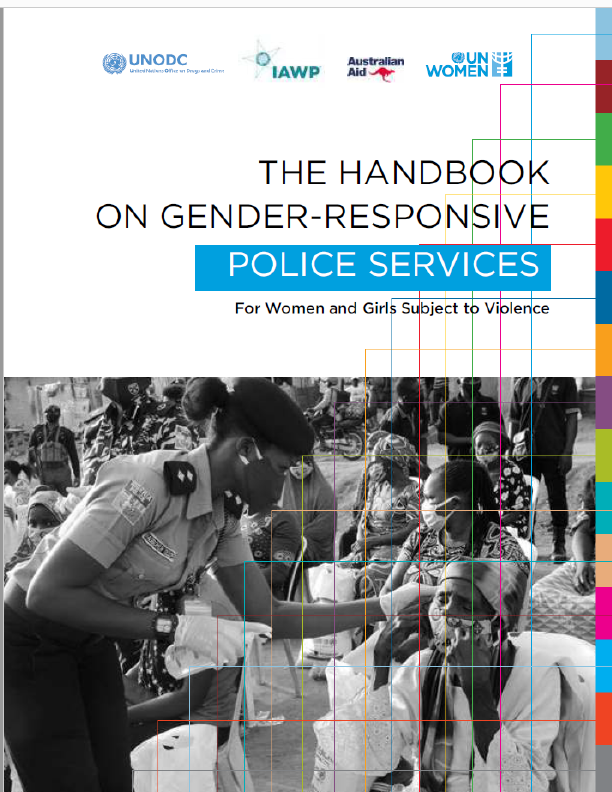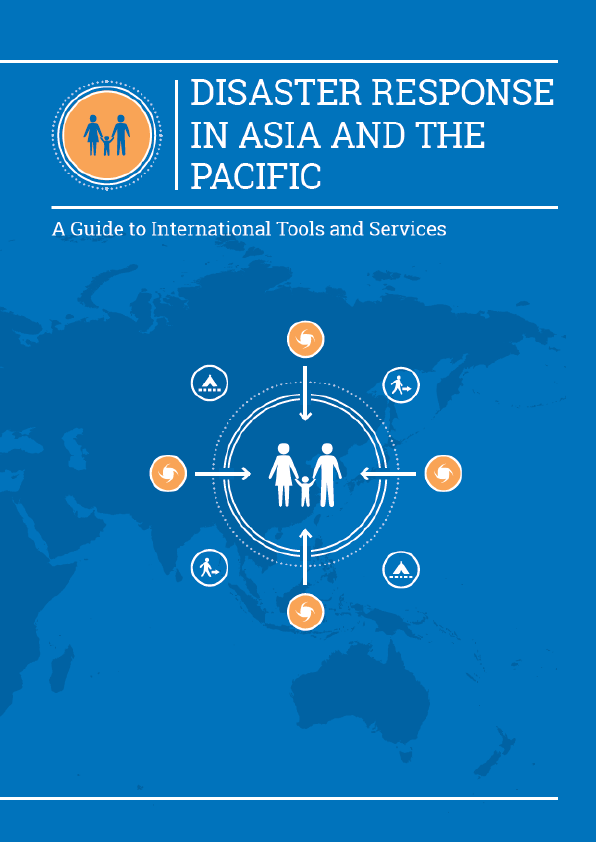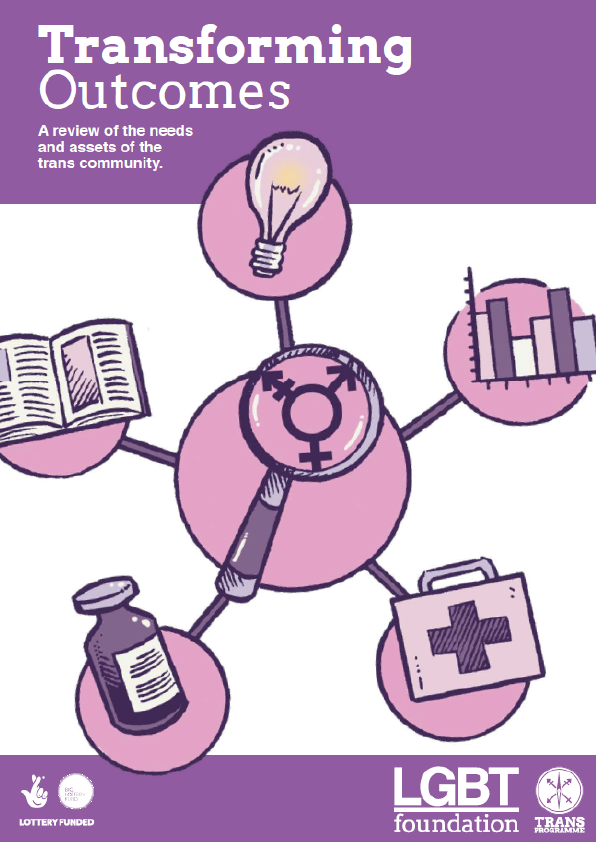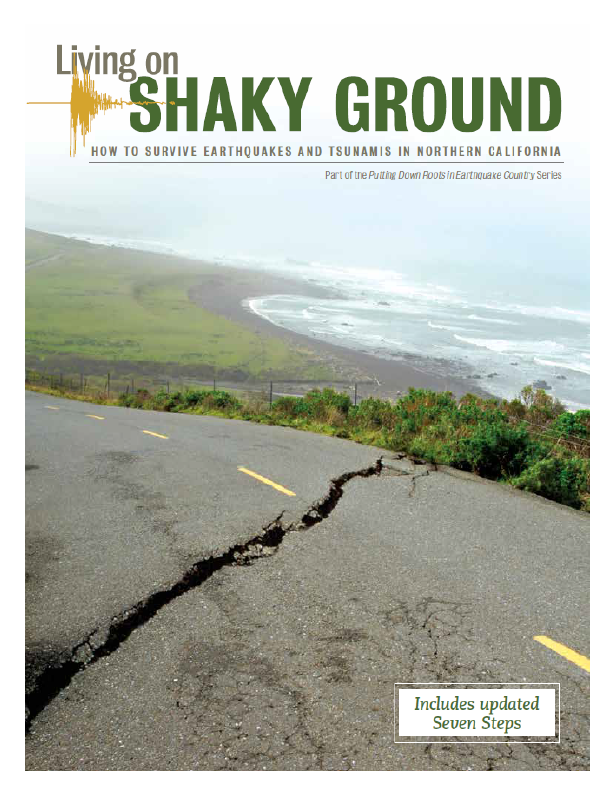In light of the COVID-19 pandemic, communities around the world are weighing the many possible answers to the questions of ‘how did we arrive here?’, ‘what comes after COVID-19?’ and ‘what kind of society do we want to build after this global shock?’ The pandemic has been so extraordinary in nature that in order to engage with these questions we need, in our search for solutions, to break with the ordinary as well.
This paper contains reflections from members of Oxfam’s gender justice community and draws on feminist thinking in order to develop a vision for a caring future, what it might look like and how we might achieve it. Quite humbly and intentionally, this document is not a declaration of Oxfam’s organizational policy positions. Rather it is a discussion paper and an exercise in ideation that envisages possibilities. It is the authors’ intention that the questions that may arise from this reflection can feed into a much larger discussion that we hope to have with our allies, partners and communities around the world.
Our reflection focuses on three pressing challenges to gender justice − achieving social justice, the climate emergency, and the current economic model − and addresses them from both ethics of care and inequality perspectives. Our vision is to achieve social justice and guarantee universal human rights by imagining a different approach to social organization, one that is centred on care as a right and where care informs politics and policies. By reconsidering how we view and provide care, we could reframe the norms and structures that have historically led to exclusion, discrimination and marginalization of women, Black, Indigenous, and People of Colour, LGBTQIA+ people, those living in poverty and other groups.
We believe that by putting care at the centre of our ethics and our politics, we can address aspects of inequality that are not often considered in policy and institutional action. As a result, it is argued, we should see increased wellbeing, social cohesion and trust. We are inspired by some of the developments we see emerging around us and believe that the reflections in this paper are relevant for all communities, leaders and institutions in moving us further forward.
The time to act is now; there is no going back.
The COVID-19 pandemic is having a devastating toll around the world. Although death rates have been found to be higher among men,1 women and girls are facing secondary complications due to the pandemic further entrenching gender-based inequalities. Furthermore, other and intersecting groups such as displaced people, people living in poverty, people of color, and those who identify as LGBTQIA+ have been made vulnerable by decades upon decades of structural exclusion, oppression, and exploitation. This has contributed to these groups being disproportionately affected in the current crisis.
